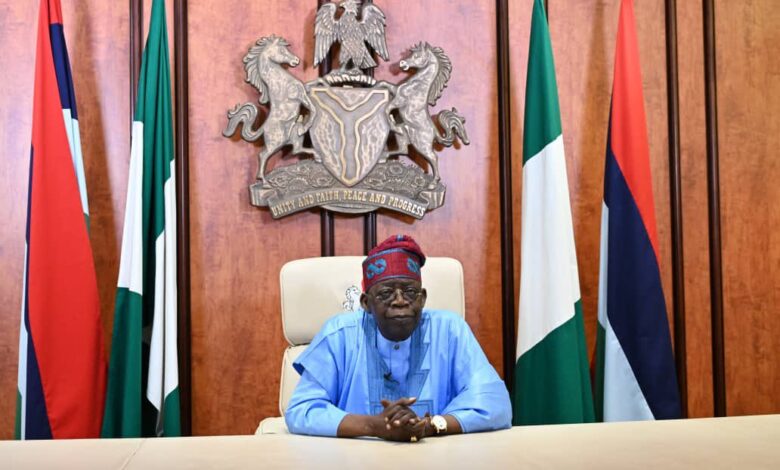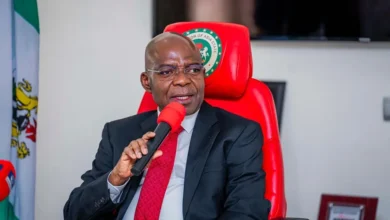FG bans MDAs from importing goods Nigeria can produce

President Bola Tinubu has announced that the Federal Government will bar all Ministries, Departments, and Agencies (MDAs) from procuring foreign goods and services where local alternatives exist.
This move is part of a broader effort to strengthen local industries and reduce import dependency.
The directive was one of the key resolutions adopted at the Federal Executive Council (FEC) meeting held on Monday and was shared in a statement issued by Sunday Dare, Special Adviser on Media and Public Communication to President Tinubu, through his official X account.
According to the statement, the new policy, dubbed the Nigeria First Policy, is designed to stimulate domestic production, enforce local content compliance, and overhaul the government’s procurement practices.
“We must foster a new business culture — bold, confident, and Nigerian. The government must lead by example. We will invest in our people and our industries by changing how we spend, procure, and build.
“Going forward, Nigerian industry will take precedence in all procurement. Where local supply falls short, contracts will be structured to build capacity here. Contractors will no longer serve as intermediaries sourcing foreign goods while local factories lie idle.
“We will make what we use and use what we make — not as a slogan, but as a national commitment,” President Tinubu said.
Key measures under the new directive:
- Ban on foreign procurement: MDAs are prohibited from buying foreign goods or services that are readily available in Nigeria, except with a written waiver from the Bureau of Public Procurement (BPP).
- Mandatory procurement audits: All MDAs are required to conduct an immediate review of their procurement plans and submit revised versions aligned with the new local content requirements.
- Sanctions for non-compliance: Breaches will attract penalties, including cancellation of procurement contracts and disciplinary actions against responsible officers.
The President also directed the BPP to:
- Revise and enforce procurement guidelines prioritising Nigerian-made goods and services;
- Develop a Local Content Compliance Framework for all government purchases.
- Maintain a register of high-quality local manufacturers and service providers.
- Resume full authority over the deployment of procurement officers across MDAs.
More insights
The statement highlighted that the policy shift is part of the government’s broader strategy to build on recent economic reforms, including the removal of subsidies, infrastructure investments, and efforts to attract foreign investment.
It stressed that while multinational companies like Shell, Total, and ExxonMobil have made new commitments to Nigeria, empowering local industries is now a priority.
The statement also criticized a procurement culture that favors intermediaries dependent on imports while local factories remain underutilized.
- Moving forward, contracts without viable local alternatives will be required to include provisions for technology transfer, skills development, or the enhancement of local production capacity.
- The sugar industry was cited as a key example, where backwards integration and local investment will be central to awarding quotas under the National Sugar Master Plan II.
The administration views this policy as the start of a new era focused on enterprise, self-reliance, and national pride, driven by strong public sector leadership.





